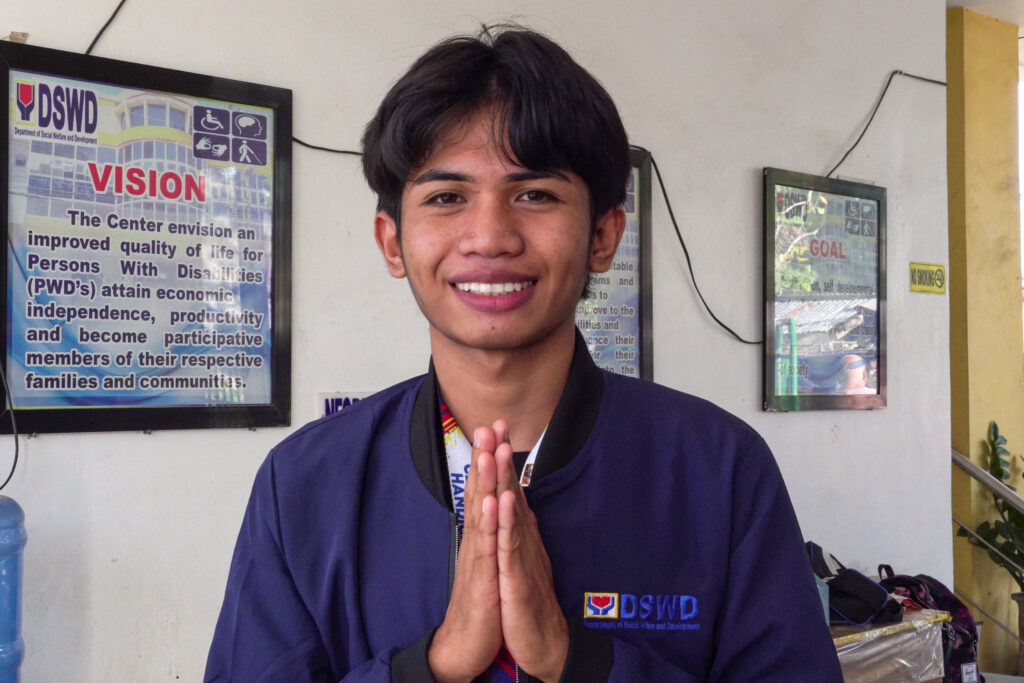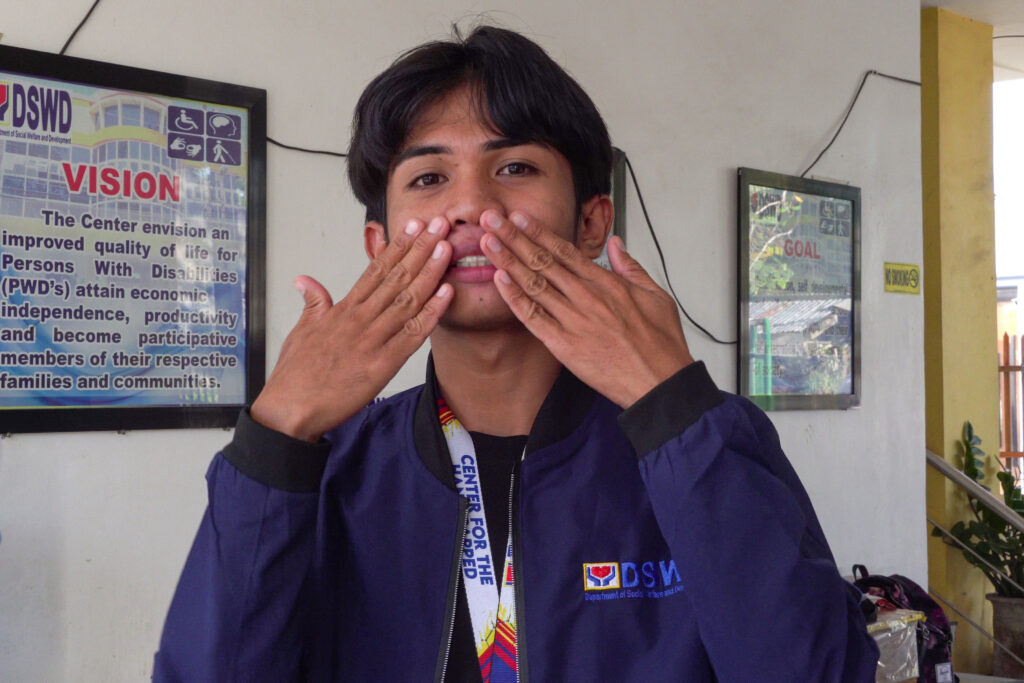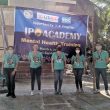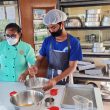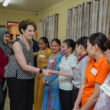Cotabato City, as the capital of the Bangsamoro Autonomous Region in Muslim Mindanao, is a gold mine of active, opinionated youth. With over 320,000 residents, it is a melting pot of Moro people, Christian settlers, and Indigenous Peoples with an autonomous government that represents all of these sectors.
One of these opinionated youth leaders is Marvin Bangon, a Moro youth volunteer at the Department of Social Welfare and Development (DSWD) Region 12. He is just like your ordinary 21-year-old – chatty, friendly, and has a great sense of humor. It was therefore quite strange to not see Marvin mingle and laugh alongside his co-workers. It would be difficult to tell that, for someone like him, a job and an education are harder to achieve than most.
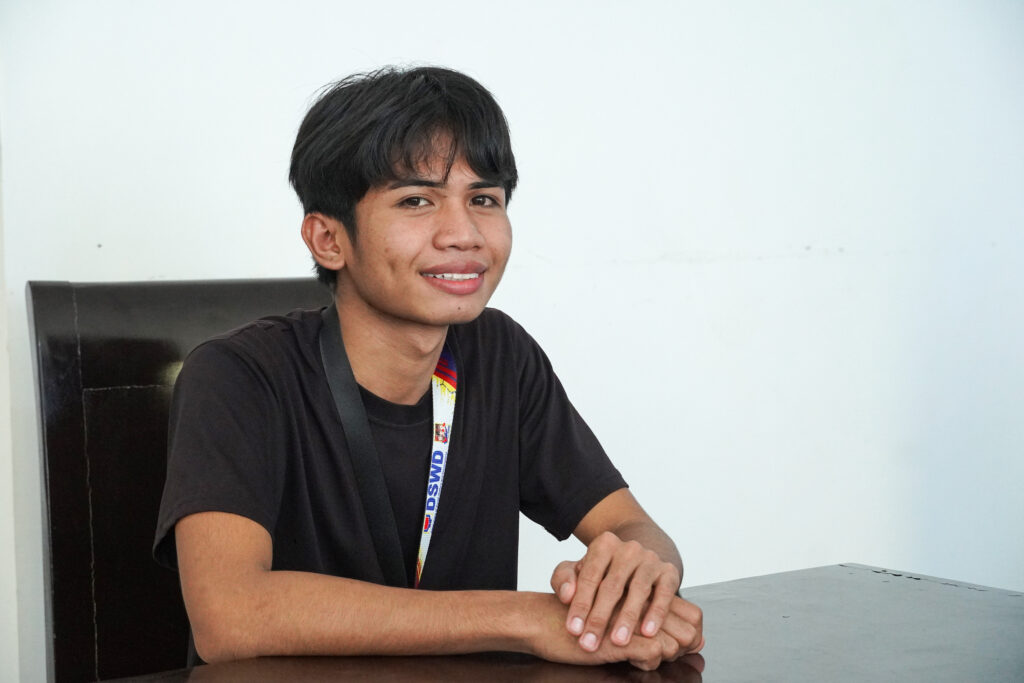
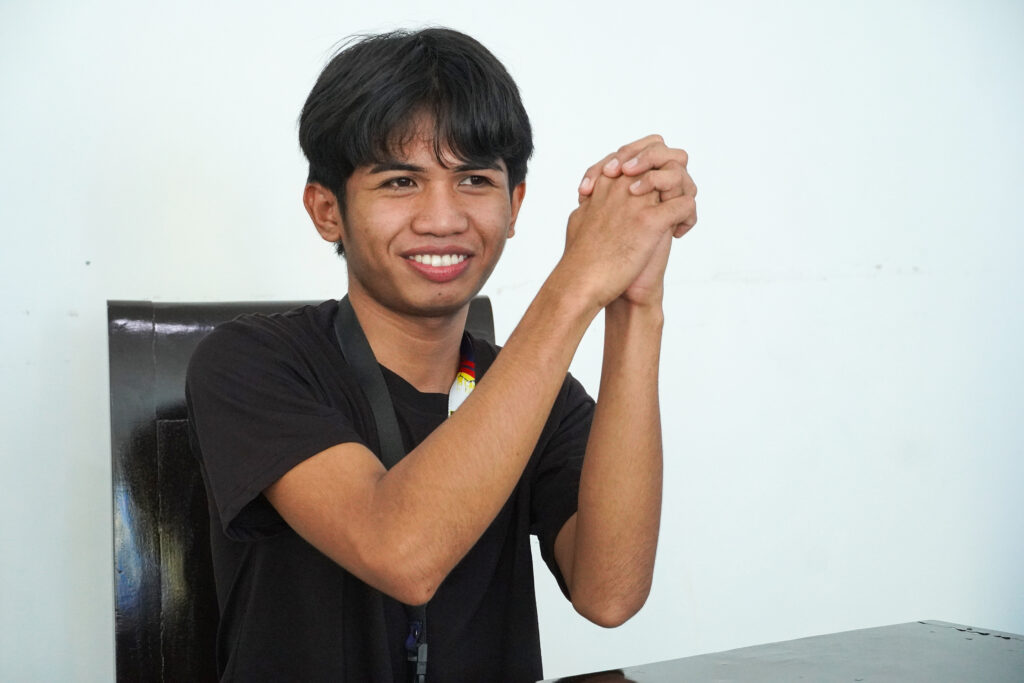
Marvin is profoundly Deaf and communicates primarily through a mix of American and Filipino Sign Language. Of nine siblings, he and two younger brothers have been found to be deaf. Both his parents and all his sisters are hearing.
The DSWD Center for the Handicapped helped facilitate Marvin’s primary education through the Alternative Learning System. This brought the first change in Marvin, who realized that his disability did not affect his intelligence.
“Because I could not communicate, I thought I was dumb. But after entering the center, I was able to practice reading and writing. I found out that I do have abilities. I have worth.”
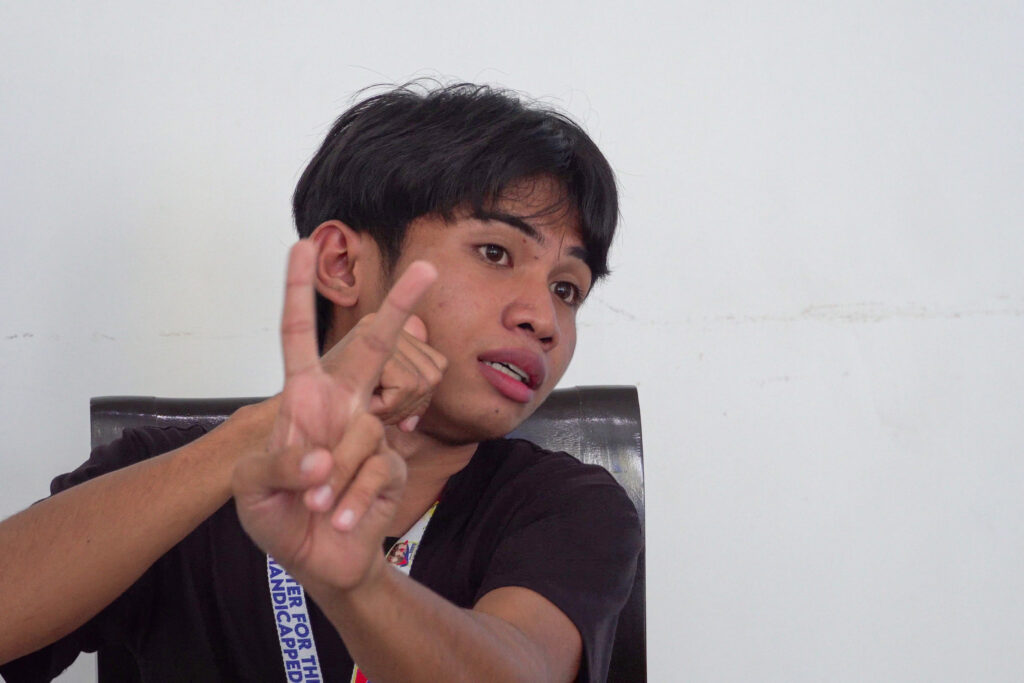
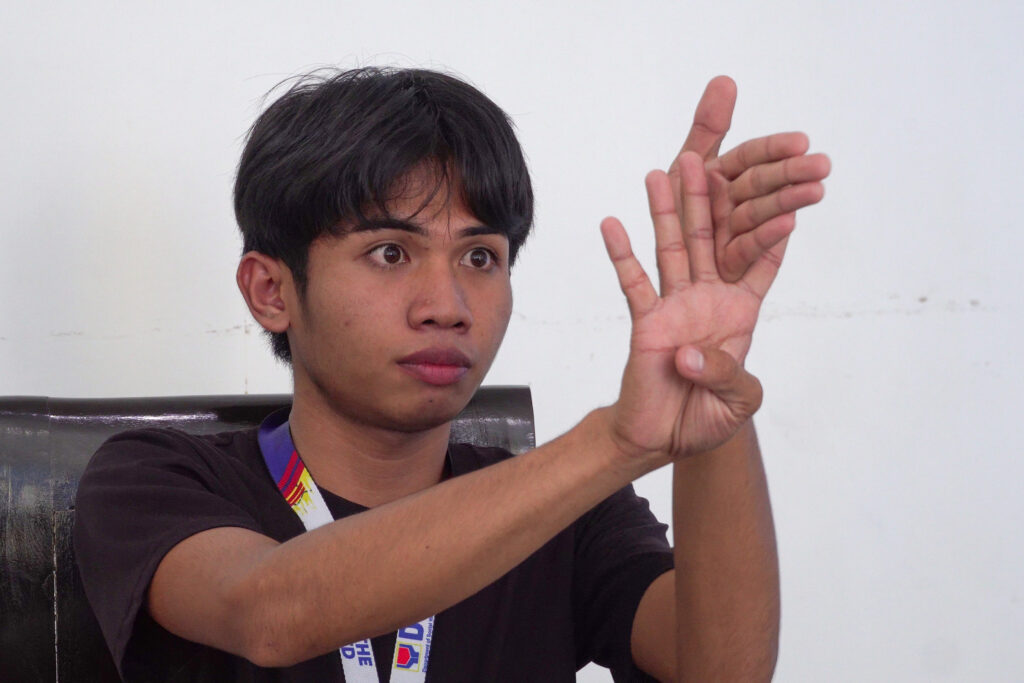
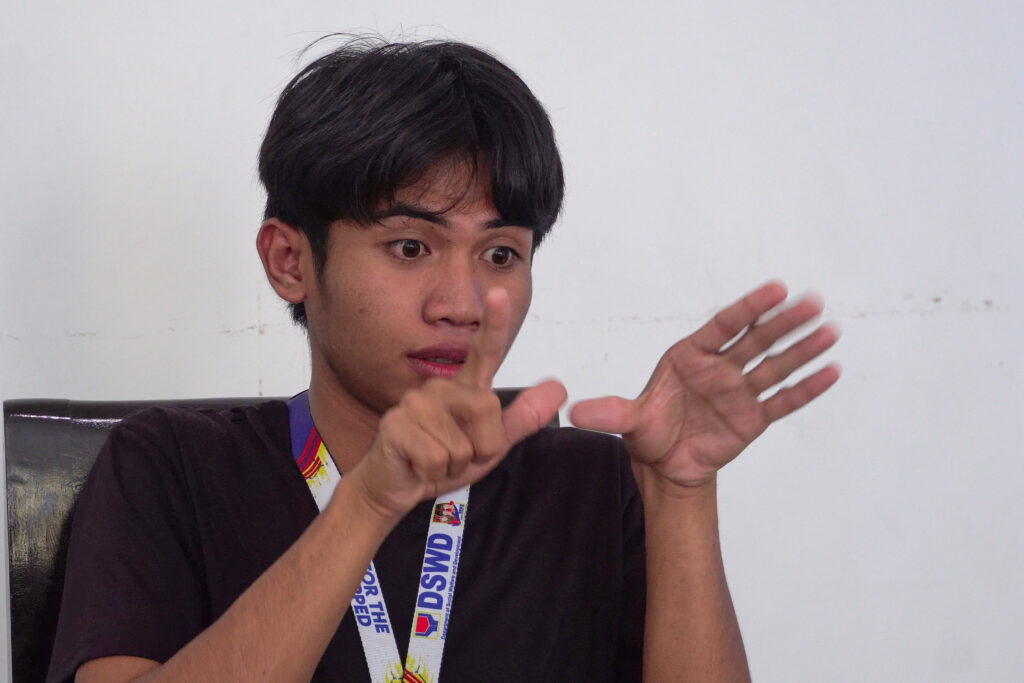
USAID, through its Opportunity 2.0 project, is supporting youth-serving organizations in the Philippines to expand opportunities to vulnerable youth like Marvin. Through a partnership with Kutawato Greenland Initiatives in Cotabato, Marvin was able to train on work and business readiness—a program developed by U.S.-based nonprofit, Education Development Center. “My communication skills improved. I was also able to work on time management. I now know the kind of skills I need if I want to go to college,” Marvin said.
He now uses these new skills in his job at the DSWD regional office, where he works to maintain the site’s cleanliness and surroundings. He also serves as a peer coach to other out-of-school youth who use the center facilities. With his income, he is now able to help support his parents and siblings.
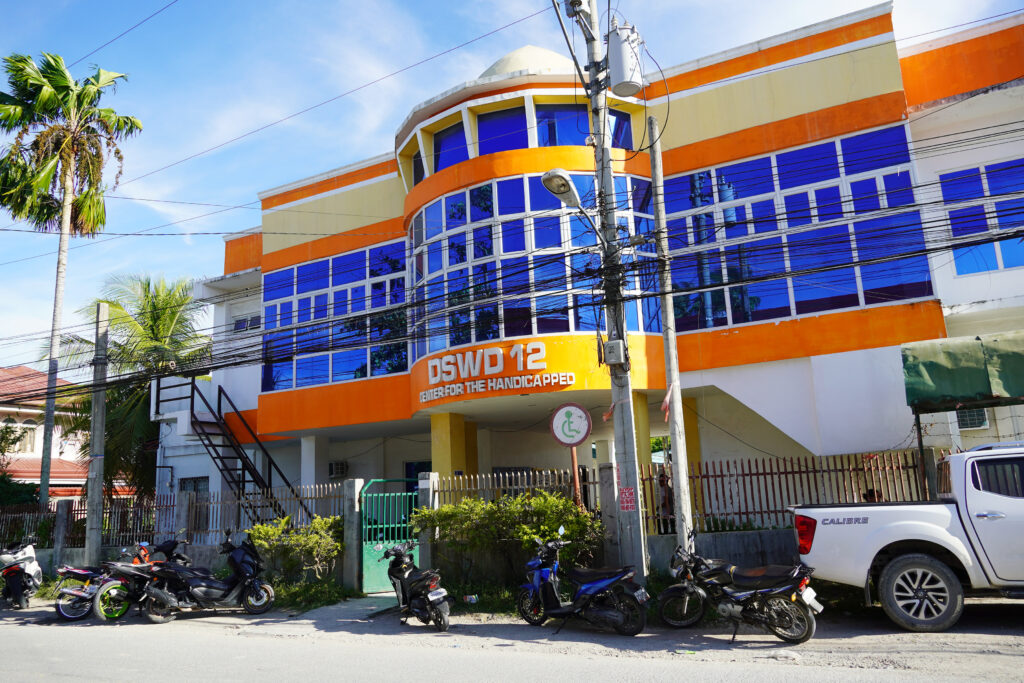
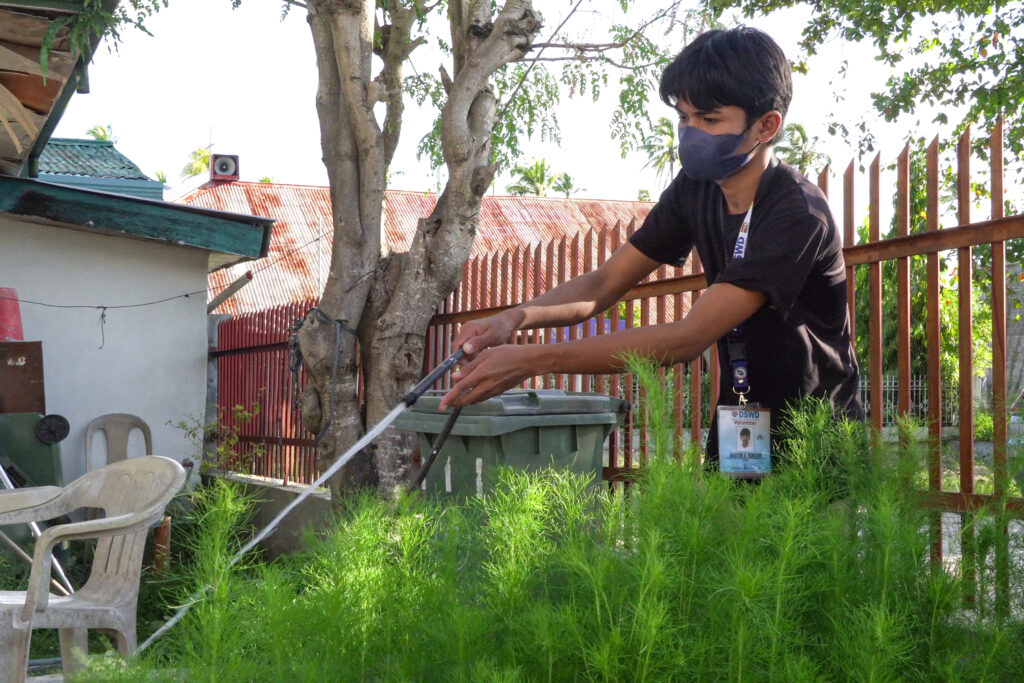
“Because of USAID, we have become part of the people and this makes us happy. We are no longer excluded, we can start over, and hopefully, discrimination against us will end.”
One of Marvin’s biggest dreams is to finish his education and become a teacher for the Deaf in his own community. “If given the chance, I want to teach at the local college here to other deaf students. I don’t want people with disabilities to just stay at home and be idle. I want to teach my fellow youth with disabilities in the local college, my fellow deaf youth.”
USAID support to strengthening systems that serve the out-of-school youth is illuminating and easing pathways to a brighter future for the most vulnerable members of society. Through capacity strengthening, local organizations are now able to cater and upskill the diverse out-of-school population so that they can pursue further studies, find jobs, or even start their own businesses.#
